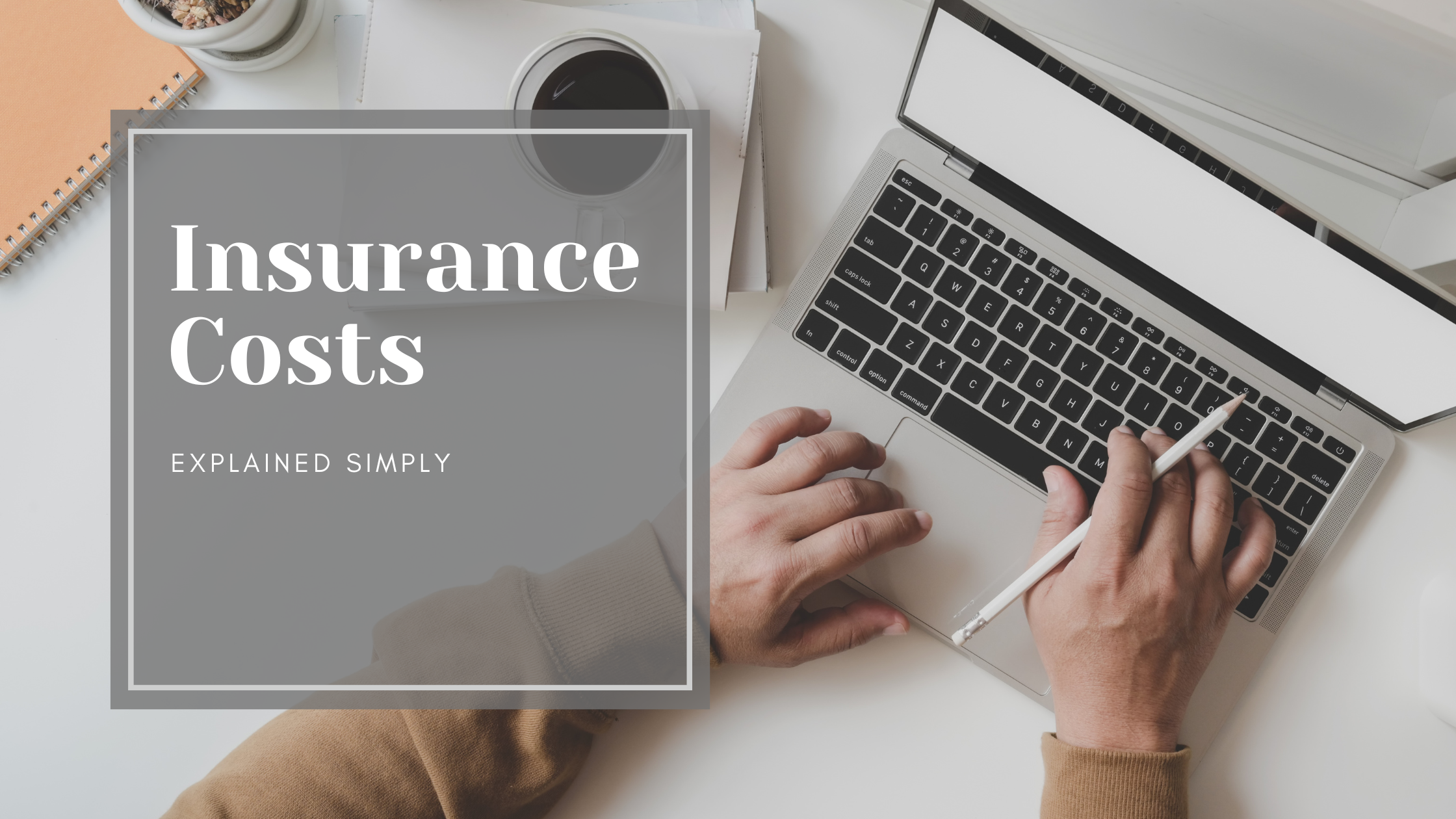Categories
FundamentalsPublished March 19, 2025
Understanding What Affects Your Homeowners Insurance Policy for Investment or Commercial Properties

Understanding What Affects Your Homeowners Insurance Policy for Investment or Commercial Properties
When it comes to homeowners insurance, most people think about coverage for their primary residence. However, for those with investment or commercial properties, insurance needs are significantly more complex. Whether you own rental properties, office buildings, or storefronts, understanding the factors that influence your homeowners insurance policy is crucial to ensuring you’re adequately protected and not overpaying.
Here we will explore the specific elements that can affect your insurance policy for investment and commercial properties.
1. Property Type and Usage
The type of property you own and how it is used is one of the most significant factors influencing your homeowners insurance policy. Residential properties, multi-family units, commercial properties, and mixed-use buildings each come with different insurance requirements.
-
Residential Rental Properties: If you rent out single-family homes or multi-family units (such as duplexes or apartment buildings), your insurance policy will be tailored for rental properties. This typically covers risks associated with tenants, such as property damage, liability for accidents, and loss of rental income.
-
Commercial Properties: These include office buildings, retail spaces, industrial properties, or warehouses. For these types of properties, a specialized commercial property insurance policy is often necessary, as it covers damage to the structure, business interruption, and liability risks that aren’t covered under a standard homeowners policy.
-
Mixed-Use Properties: If your property serves as both residential and commercial (for example, an apartment building with a storefront), your policy will need to address both residential and commercial aspects, which can require a combination of different coverages.
2. Location
The location of your investment or commercial property can significantly impact your insurance premiums. Several factors related to location can raise or lower the cost of coverage:
-
Natural Disasters: Properties located in areas prone to earthquakes, floods, hurricanes, or wildfires are at higher risk of damage. In some cases, these risks may require additional coverage, such as flood or earthquake insurance, which may not be included in a standard policy.
-
Crime Rates: High-crime areas, including frequent theft or vandalism, may result in higher premiums. Insurance providers may see these properties as more likely to suffer loss or damage due to criminal activity.
-
Proximity to Emergency Services: Properties located near fire stations, police stations, and hospitals can sometimes be cheaper to insure because of the quicker response time in the event of an emergency.
3. Property Age and Condition
The age and overall condition of the property are crucial to determining coverage costs. Older properties may have outdated wiring, plumbing, or roofing that increase the risk of damage, accidents, or loss. Insurers may charge higher premiums for older properties or require upgrades to meet modern safety standards.
-
Building Materials: The materials used in the construction of the property can affect insurance costs. For example, buildings made from wood may be more vulnerable to fire than those made of brick or steel, leading to higher premiums.
-
Upgrades and Renovations: If you’ve renovated or made improvements to the property, it can reduce your risk and potentially lower your premiums. For example, updating electrical systems or installing a modern HVAC system could make the property less likely to suffer a fire or other costly damage.
4. Security Features
Insurance providers typically offer discounts for properties equipped with security features that reduce the likelihood of damage or loss. For investment or commercial properties, common security features include:
-
Alarm Systems: A burglar alarm, fire alarm, or a monitoring system can lower the risk of theft or fire damage. Many insurance companies offer a discount if the property has these systems installed and monitored.
-
Security Cameras: Surveillance cameras can help deter criminal activity and provide evidence in the event of a claim, lowering the property’s risk profile.
-
Gated Entry or Access Control Systems: For commercial properties, having secure access points, such as gates, entry codes, or restricted access areas, can also lead to a reduction in premiums.
5. Liability Risk
Liability insurance is essential for protecting against legal claims made by tenants, customers, or others who may suffer injuries on your property. The level of liability risk associated with your investment or commercial property can impact your insurance costs. Properties with high foot traffic, such as retail spaces or office buildings, typically have higher liability risks than single-family rentals.
-
Tenant Risks: If you own rental properties, it’s important to consider tenant-related risks, such as property damage, personal injury, or negligence. Comprehensive liability coverage will protect you from potential lawsuits arising from tenant accidents or injuries on the property.
-
Business Operations: For commercial properties, the nature of the business operating on the premises can also impact liability. For example, businesses that involve hazardous materials or high customer traffic may result in higher liability coverage needs.
6. Property Value and Coverage Limits
The value of your investment or commercial property directly affects the cost of your insurance. Higher property values typically mean higher premiums because the insurer will need to pay more in the event of a claim. Additionally, you must choose appropriate coverage limits to ensure that you are not underinsured.
-
Replacement Cost vs. Actual Cash Value: You’ll need to decide whether you want a policy that covers the replacement cost or the actual cash value (ACV) of the property. Replacement cost pays for the full cost of rebuilding or replacing the property without depreciation, while ACV factors in depreciation, potentially resulting in lower payouts.
-
Loss of Income Coverage: For rental properties or commercial spaces, loss of income coverage is an important consideration. This covers lost rental or business income if the property becomes uninhabitable due to a covered loss, such as a fire or storm damage.
7. Claims History
Your property's claims history, as well as your own history as a property owner, can influence insurance premiums. If the property has a history of frequent claims, the insurer may consider it higher risk and charge higher premiums. Similarly, if you as the owner have a history of claims, insurers may increase your rates.
Summing it Up
Navigating the complexities of homeowners insurance for investment or commercial properties requires understanding the many variables that can impact your premiums and coverage. From the property’s location and age to the type of business conducted on the premises, each factor plays a role in determining your insurance needs.
By understanding these variables, you can better tailor your policy to ensure you are adequately covered and that you are not paying for unnecessary or excessive coverage. It's always a good idea to work with an experienced insurance agent who specializes in investment or commercial properties to ensure you're getting the best possible protection for your specific situation.





